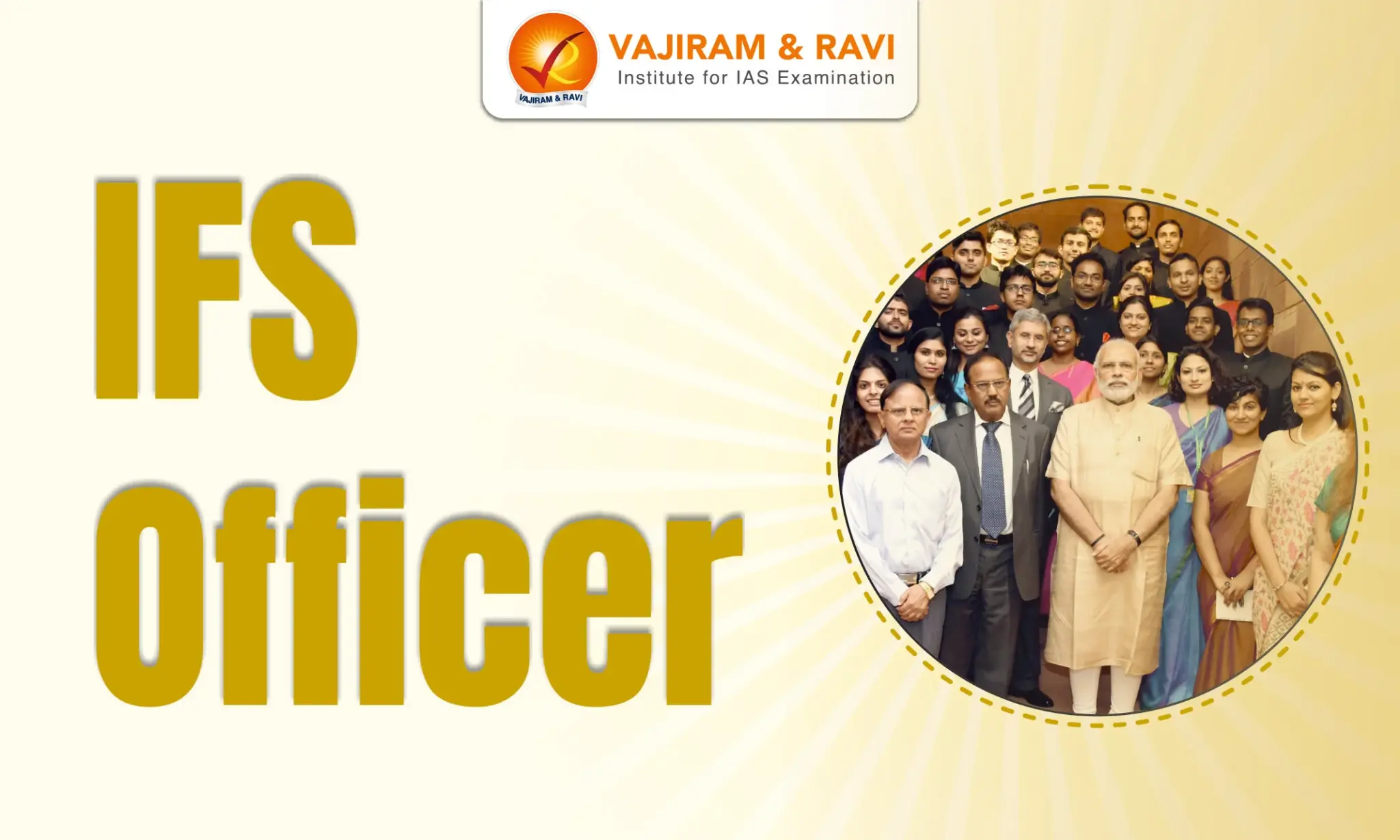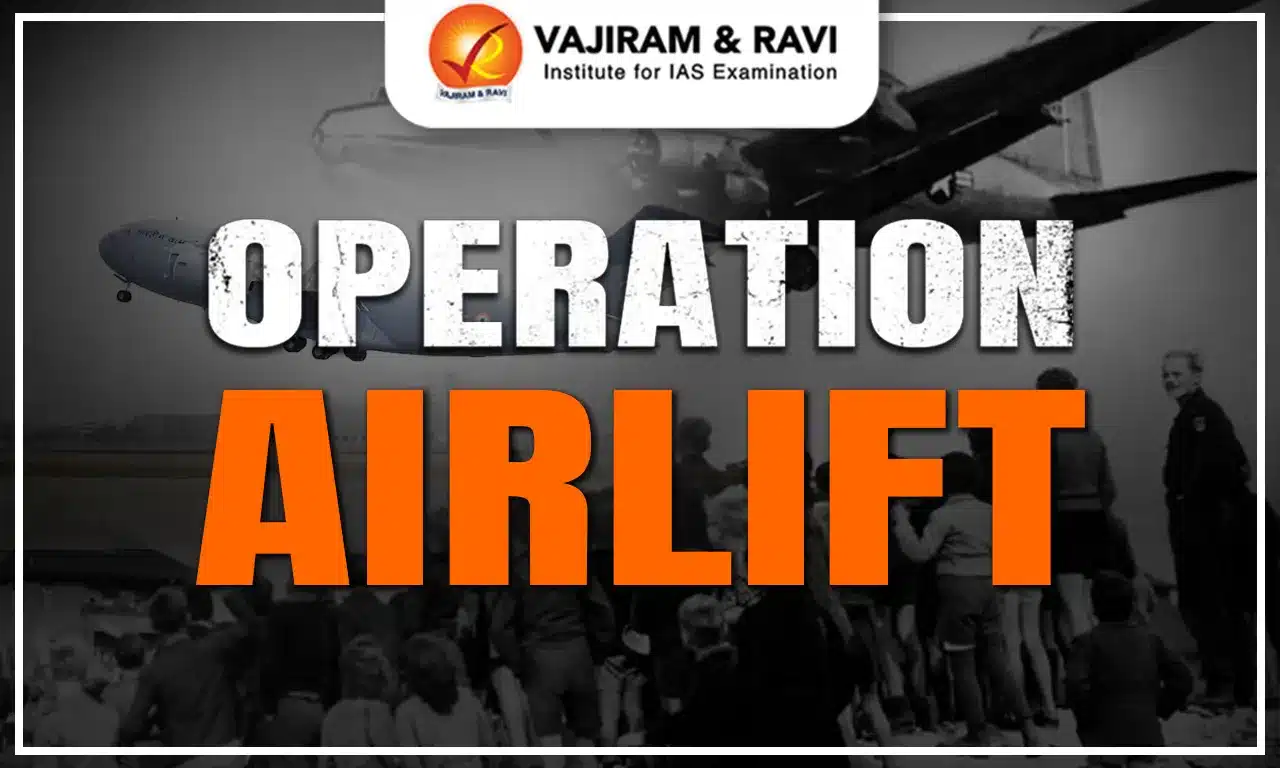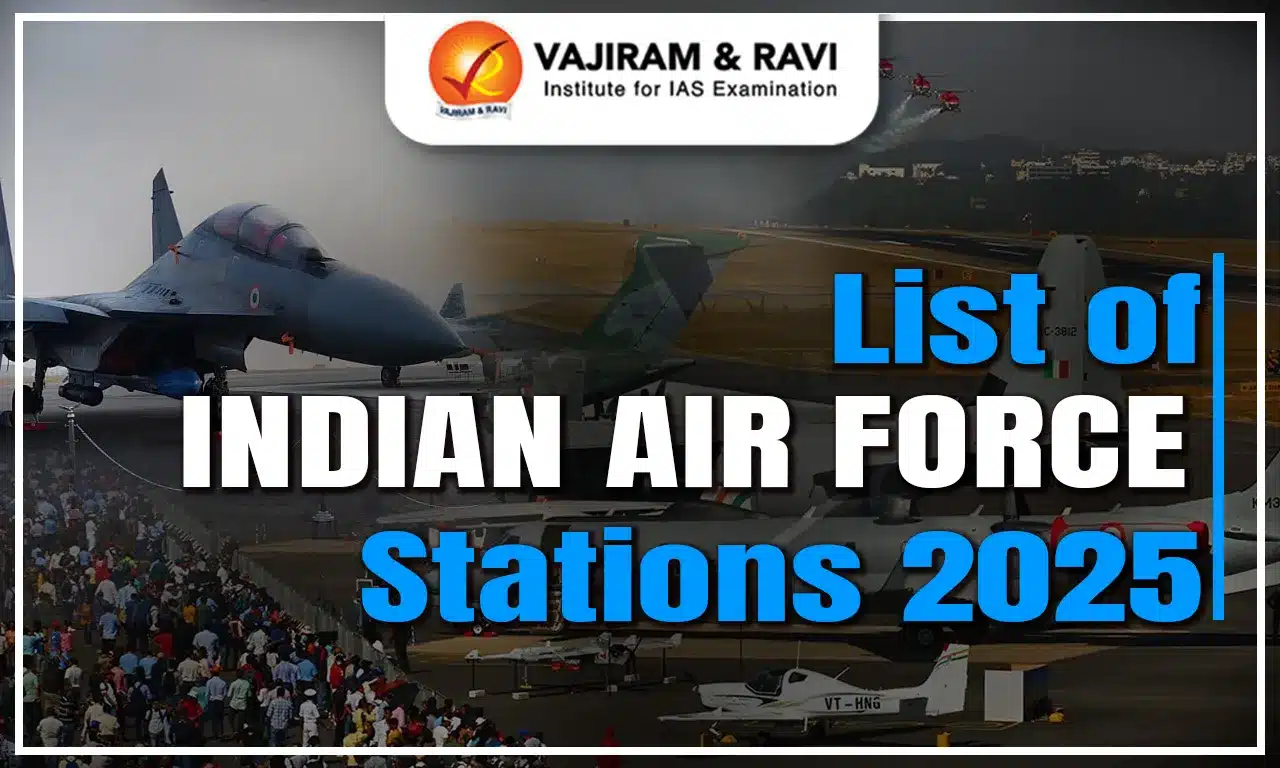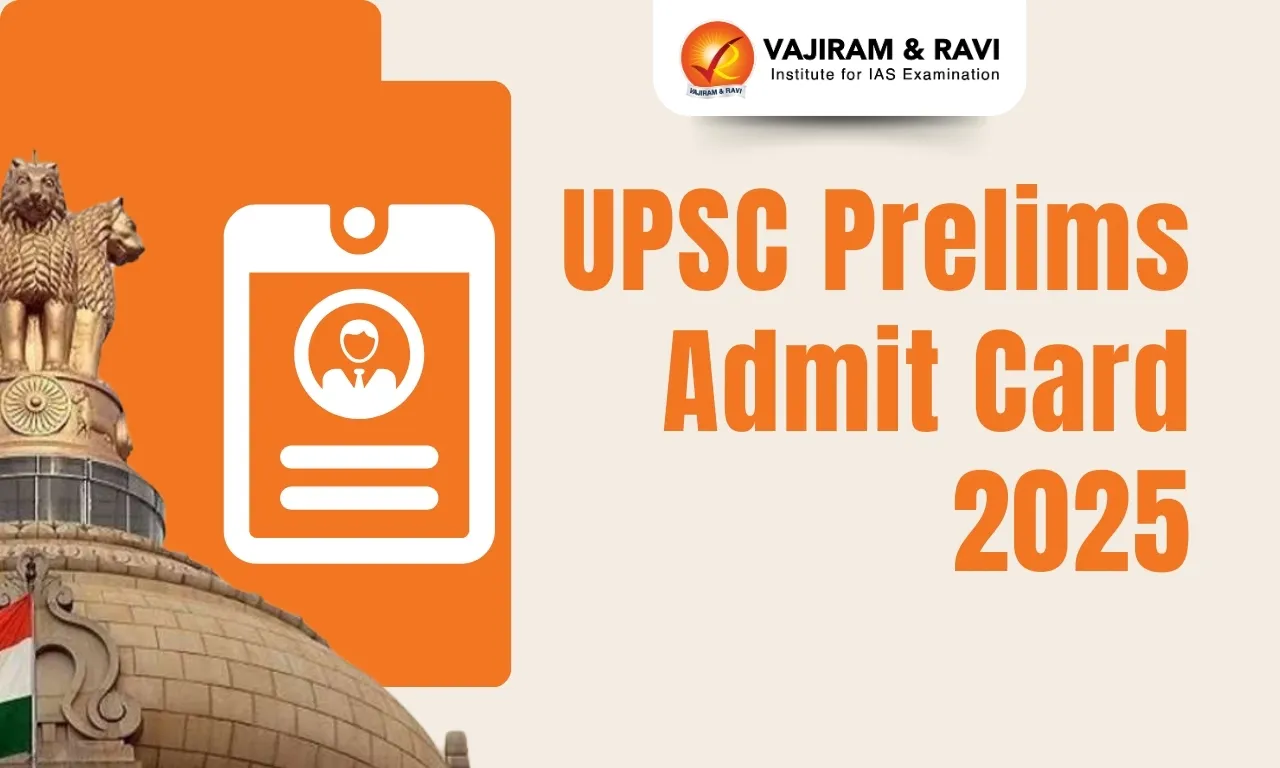Indian Foreign Service (IFS) is one of the prestigious All India Civil Service in India who is assigned with the responsibility of external affairs of the country including diplomacy, foreign policy, and international relations. They are the diplomats and consular officials representing India in various countries and negotiate treaties and safeguarding interests of the citizens abroad.
IFS Full Form
IFS Full Form stands for Indian Foreign Service, an All India Central Service established in 1946 to deal with India’s external affairs, such as diplomacy, trade and cultural relations with various countries. IFS Officers work in Indian Embassies, consulates and missions abroad, also in various departments of the Ministry of External Affairs (MEA).
IFS Officer Eligibility
To be eligible to become an IFS Officer, you must go through the official UPSC Notification, released every year, in which some important criteria, such as nationality, age limit, qualification, etc, are mentioned.
- Nationality: You must be a Citizen of India.
- Educational Qualification:
- The minimum qualification to become an IFS Officer is a degree from a government-recognized university or an equivalent qualification.
- Those in their final year of study or awaiting results can also appear for the preliminary examination. However, such candidates must provide proof of passing the required examination while applying for the UPSC Mains examination.
- Candidates with professional and technical qualifications recognised by the government as equivalent to professional and technical degrees are eligible to apply for the exam.
- Age Limit to Become an IFS Officer
- Candidates applying for the position must be at least 21 years old and not exceed 32 years of age. In other words, the candidate’s date of birth should fall between 2nd August 1990 and 1st August 2001. These dates exclude the exemptions provided to the candidates under the reservation category.
Career Progression as an IFS Officer
Indian Foreign Service (IFS) Officers begin their diplomatic journey as Third Secretaries in Indian embassies or consulates around the world. This entry-level role marks the start of their overseas posting after completing training. As they gain experience and seniority, IFS officers are promoted through the following ranks:
- Second Secretary
- First Secretary
- Counsellor
- Minister
- Ambassador / High Commissioner
IFS Officers Posting Countries
Indian Foreign Service (IFS) Officers represent India globally and can be posted across various continents, depending on diplomatic requirements and their language skills. The Ministry of External Affairs (MEA) decides these postings strategically. Below are some major countries where IFS officers are commonly posted:
- North America: United States, Canada
- Europe: United Kingdom, Germany, France
- Asia: China, Japan, United Arab Emirates
- Africa: South Africa, Nigeria, Kenya
- Australia & Oceania: Australia, New Zealand
- South America: Brazil, Argentina
IFS Officer Salary
The IFS Officer Salary is not only competitive but also holds numerous perks and benefits. The pay scale increases with promotions and years of service which is shared below in the table:
|
IFS Officer Salary |
||
|
Rank |
Pay Level |
Basic Pay (₹) |
|
Junior Scale Officer |
10 |
₹56,100 – ₹1,77,500 |
|
Senior Scale Officer |
11 |
₹67,700 – ₹2,08,700 |
|
Junior Administrative Grade Officer |
12 |
₹78,800 – ₹2,09,200 |
|
Grade IV Officer |
13 |
₹1,23,100 – ₹2,15,900 |
|
Grade III Officer |
14 |
₹1,44,200 – ₹2,18,200 |
|
Grade II Officer |
15 |
₹1,82,200 – ₹2,24,100 |
|
Grade I Officer |
17 |
₹2,25,000 |
IFS Officer Perks and Allowances
- Dearness Allowance (DA): Helps offset inflation and rising living costs.
- House Rent Allowance (HRA): Provided when official accommodation isn’t available.
- Transport Allowance: Covers commuting expenses between residence and workplace.
- Special Foreign Allowance: Given during foreign postings, based on purchasing power parity of the country.
- Foreign Service Special Pay (FSSP): Compensates for additional responsibilities and hardships abroad.
- Foreign Language Allowance: For officers proficient in foreign languages, to maintain their skills.
- Furniture Allowance: Provided to furnish official residences during foreign postings.
- Leave Travel Concession (LTC): For travel to hometown or destinations within India during leave.
- Medical Benefits: Comprehensive medical coverage and insurance for officers and their families.
- Study Leave: To pursue higher education or specialized training courses.
- Domestic Help Allowance: For hiring domestic help during foreign postings.
- Security Allowance: Offered in sensitive or high-risk international postings.
- Increment Benefits: Officers with two prior increments may receive a third upon promotion to senior levels.
IFS Officer Roles and Responsibilities
An Indian Foreign Service officer is a diplomat representing India in various capacities abroad and dealing with foreign affairs and international relations. The roles and responsibilities of an IFS officer are diverse and challenging. Here are some key roles and responsibilities of an IFS officer:
|
IFS Officer Roles and Responsibilities |
|
|
Roles |
Details |
|
Diplomatic Relations |
Establish and maintain political, economic, cultural, and scientific relations with other countries. |
|
Policy Formulation |
Assist in creating and implementing India’s foreign policy by providing analysis & recommendations. |
|
Representing India |
Represent India at international forums like the UN, WTO, and global conferences. |
|
Consular Services |
Provide support to Indian citizens abroad (visas, passports, welfare, and assistance). |
|
Reporting & Analysis |
Analyze global political/economic developments and report to the Government of India. |
|
Cultural & Economic Promotion |
Promote Indian culture, organize events, and enhance trade & investment ties. |
|
Negotiations & Treaties |
Negotiate agreements, treaties, and international conventions on behalf of India. |
|
Crisis Management |
Coordinate rescue/relief operations for Indian citizens during crises in foreign countries. |
List of Notable IFS Officers
Over the years, various prominent leaders have served the Indian Foreign Service (IFS) position. With their diplomatic intelligence and deep understanding of international affairs, these individuals have helped shape the country’s foreign relations in meaningful ways.
|
List of Notable IFS Officers |
||
|
Name |
Position |
Notable Achievements |
|
S. Jaishankar |
Minister of External Affairs |
Key architect of India’s foreign policy; instrumental in the Indo-US nuclear deal. |
|
Nirupama Rao |
Former Foreign Secretary of India |
First woman spokesperson of the MEA; served as India’s Ambassador to the USA and China. |
|
Shyam Saran |
Former Foreign Secretary of India |
Strengthened Indo-US ties; served as Special Envoy for Climate Change. |
|
Vikas Swarup |
Former High Commissioner of India to Canada |
Author of Q&A, basis for the film Slumdog Millionaire; served in key diplomatic roles. |
IFS Officer Training
- Initial Training at LBSNAA: Candidates undergo training at the Lal Bahadur Shastri National Academy of Administration (LBSNAA) in Mussoorie. During this period, they are designated as officer trainees.
- Additional Training at the Foreign Service Institute (FSI): After completing the officer trainee period at LBSNAA, candidates receive further training for approximately a year at the Foreign Service Institute in New Delhi. This comprehensive training encompasses various modules, including foreign trade, Indian international relations and foreign service.
- Ministry of External Affairs Training: The next phase involves a six-month training at the Ministry of External Affairs in New Delhi. This on-the-job training includes the assignment of a compulsory foreign language to each IFS trainee officer.
- Ability Test at the School of Foreign Languages: Upon completion of training in their assigned compulsory foreign language, candidates undergo an ability test conducted by the School of Foreign Languages under the Ministry of Defence.
- Allocation of Position: Based on availability and requirements, candidates are allocated positions in the Indian Foreign Services after successfully completing the ability test.
| Other Related Posts of UPSC 2025 | |
Last updated on April, 2025
→ UPSC Notification 2025 was released on 22nd January 2025.
→ The UPSC Vacancy 2025 were released 1129, out of which 979 were for UPSC CSE and remaining 150 are for UPSC IFoS.
→ UPSC Admit Card 2025 is released now for CSE Prelims Exam 2025.
→ The UPSC Prelims 2025 is scheduled to be conducted on 25th May 2025 and UPSC Mains 2025 will be conducted on 22nd August 2025.
→ Apply once through it and aspirants can apply for various government exams conducted by UPSC.
→ The UPSC Selection Process is of 3 stages-Prelims, Mains and Interview.
→ UPSC Result 2024 is released with latest UPSC Marksheet 2024. Check Now!
→ UPSC Toppers List 2024 is released now. Shakti Dubey is UPSC AIR 1 2024 Topper.
→ Also check Best IAS Coaching in Delhi
IFS Officer FAQs
Q1. How can I join foreign service in India?+
Q2. Is IFS more powerful than IAS?+
Q3. What is the IFS salary?+
Q4. Who is eligible for Indian Foreign Service Officer?+
Q5. At which rank is IFS selected?+
Tags: ifs officer UPSC
















